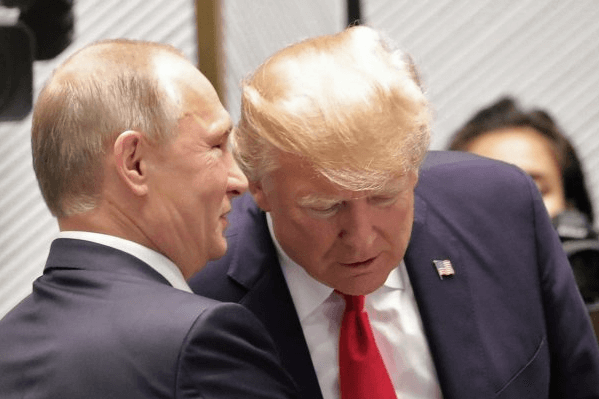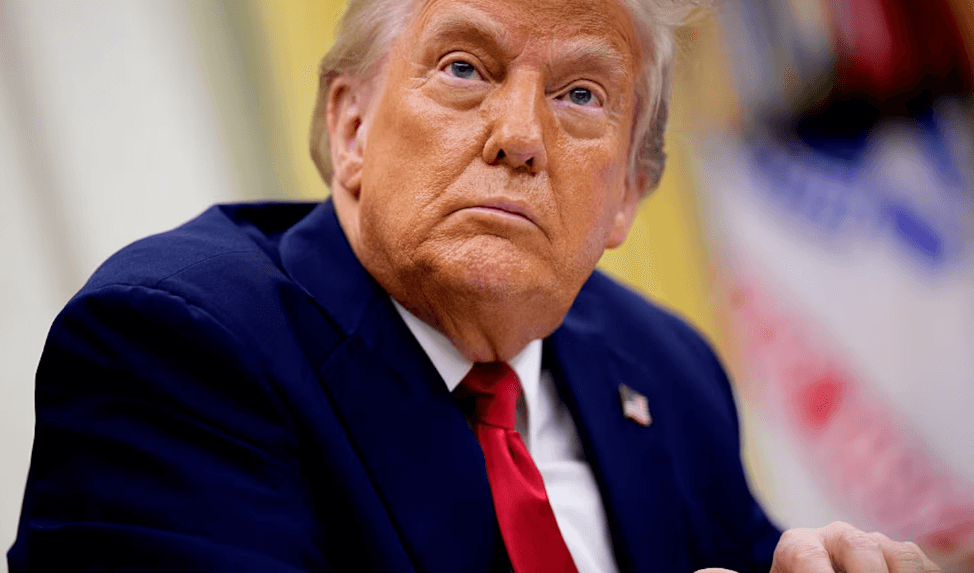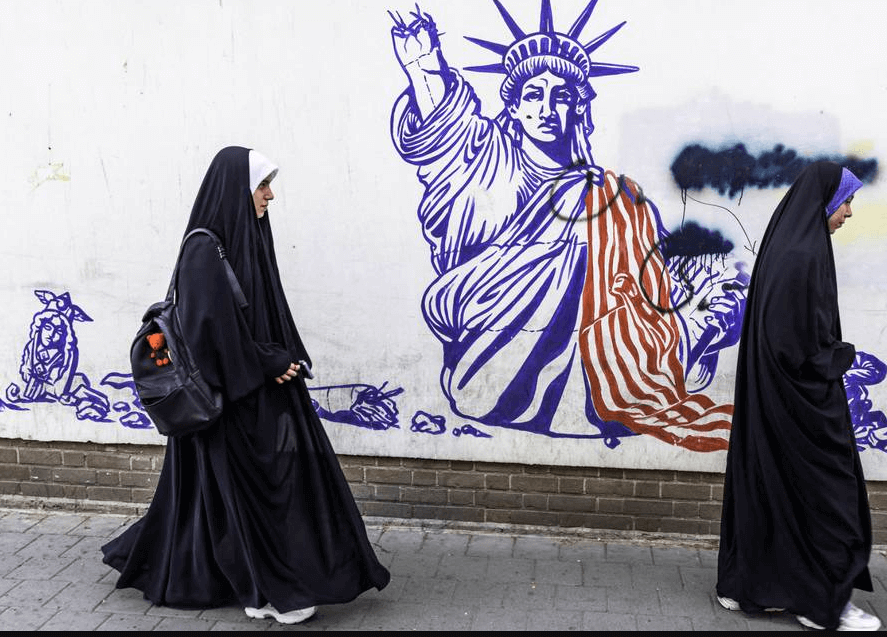A series of highest-level emergency meetings in Europe, and growing urgency from Ukrainian President Volodymyr Zelenskyy, have brought concerns that Washington and Moscow could agree on Ukraine’s future—without Kyiv or its European allies being represented.
Spreading oil on fire, former US President Donald Trump recently took to Truth Social, calling Zelenskyy a dictator and claiming, “we are successfully negotiating an end to the War with Russia.” US officials insist there’s no intention to leave anyone on the sidelines of the peace process, but reports that Europe would be kept out of it directly have raised alarm bells.
Adding more fuel to speculation, a February 18 meeting in Riyadh between U.S. and Russian officials appeared to go unexpectedly smoothly, with many left wondering whether backdoor negotiations are already in progress.
Would Washington and Moscow Even Make a Peace Accord?
The Biden administration clearly wants the war to end, but it is unclear if the Kremlin does. As if to make that a point, Russian forces launched another night-time salvo of missiles against Ukraine on February 19, plunging 250,000 Odesa residents into cold darkness.
While all this is happening, Trump’s special envoy for Ukraine, Keith Kellogg, made an official visit to Kyiv to negotiate, and Russian Foreign Minister Sergei Lavrov briefed the State Duma that “the crisis must not be settled through a cease-fire.” If Moscow comes to negotiate, it will most likely push a tough bargain—and the worst thing that can occur to Kyiv and its EU allies is that Washington might accept one.
American officials indicated that there will have to be compromises on both sides, but they have not yet specified what the Russian concessions would be. In a speech at the Munich Security Conference on February 15, Kellogg indicated “territorial concessions” and a possible “renunciation of the use of force.”
What if Ukraine and Europe Spurn a Deal?
There are growing concerns that Washington would attempt to secure a quick diplomatic win at any price, perhaps by pressuring Ukraine into putting its signature on the dotted line of hard concessions. But if Kyiv doesn’t play ball, then what?
Ukrainian Foreign Minister Andriy Sybiha insisted that Ukraine won’t surrender, stating, “We know how to resist. We proved this on the battlefield.” But without continued U.S. backing in the form of military supplies and dollars, clinging to that resistance could be overwhelmingly difficult.
While Europe has already given more aggregate aid to Ukraine than the United States, the U.S. remains the largest military aid giver. If Washington pulls back, Europe would have to nearly double its support to fill the gap—an unlikely scenario given political disputes and budgetary constraints.
Some of the leaders in Europe have floated the idea of a peacekeeping mission sent into Ukraine, but even that would be contingent on U.S. leadership. So far, Europe has relied on Washington’s leadership at every turn. Whether it can move up to take the lead is uncertain.







Leave a Reply